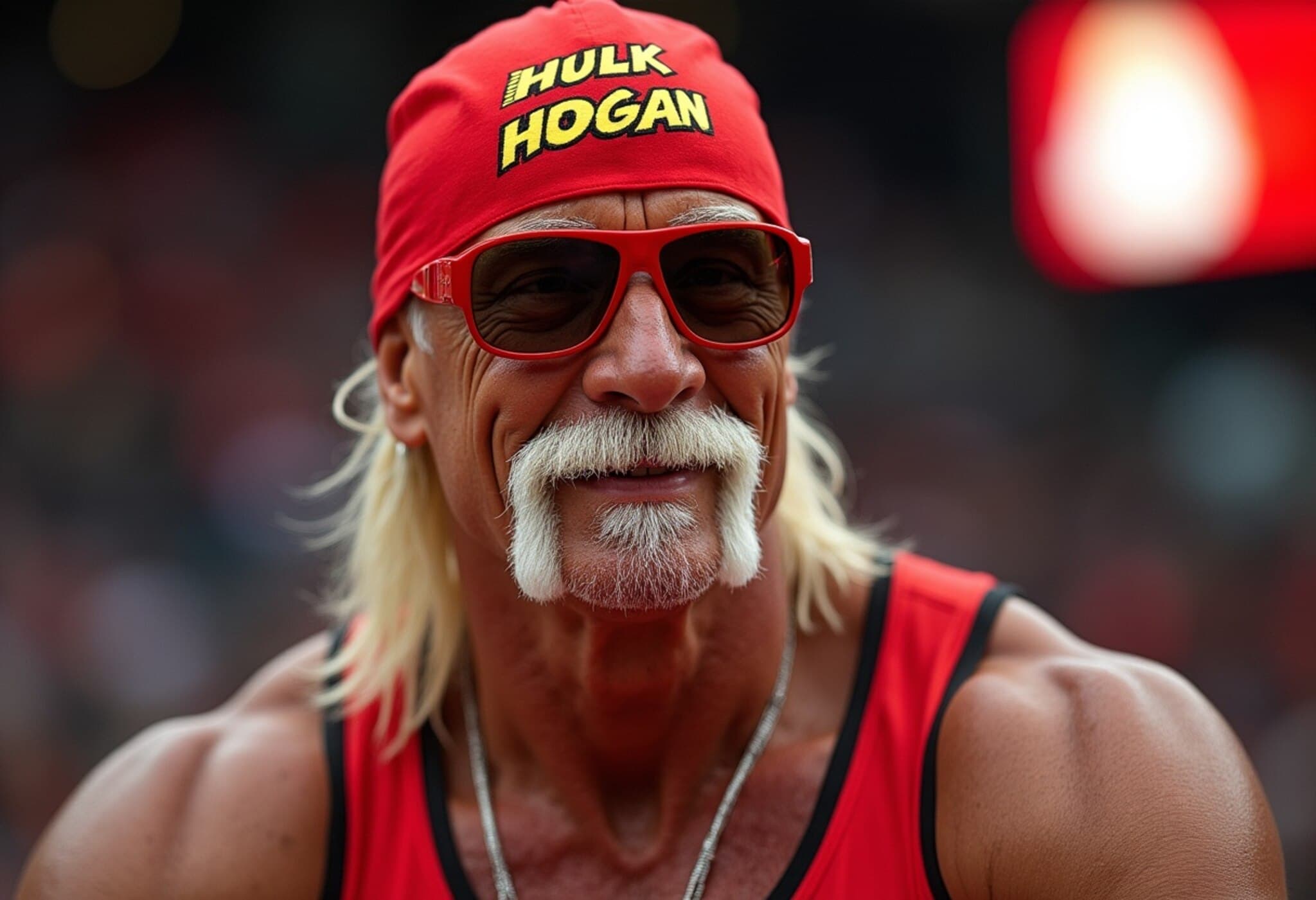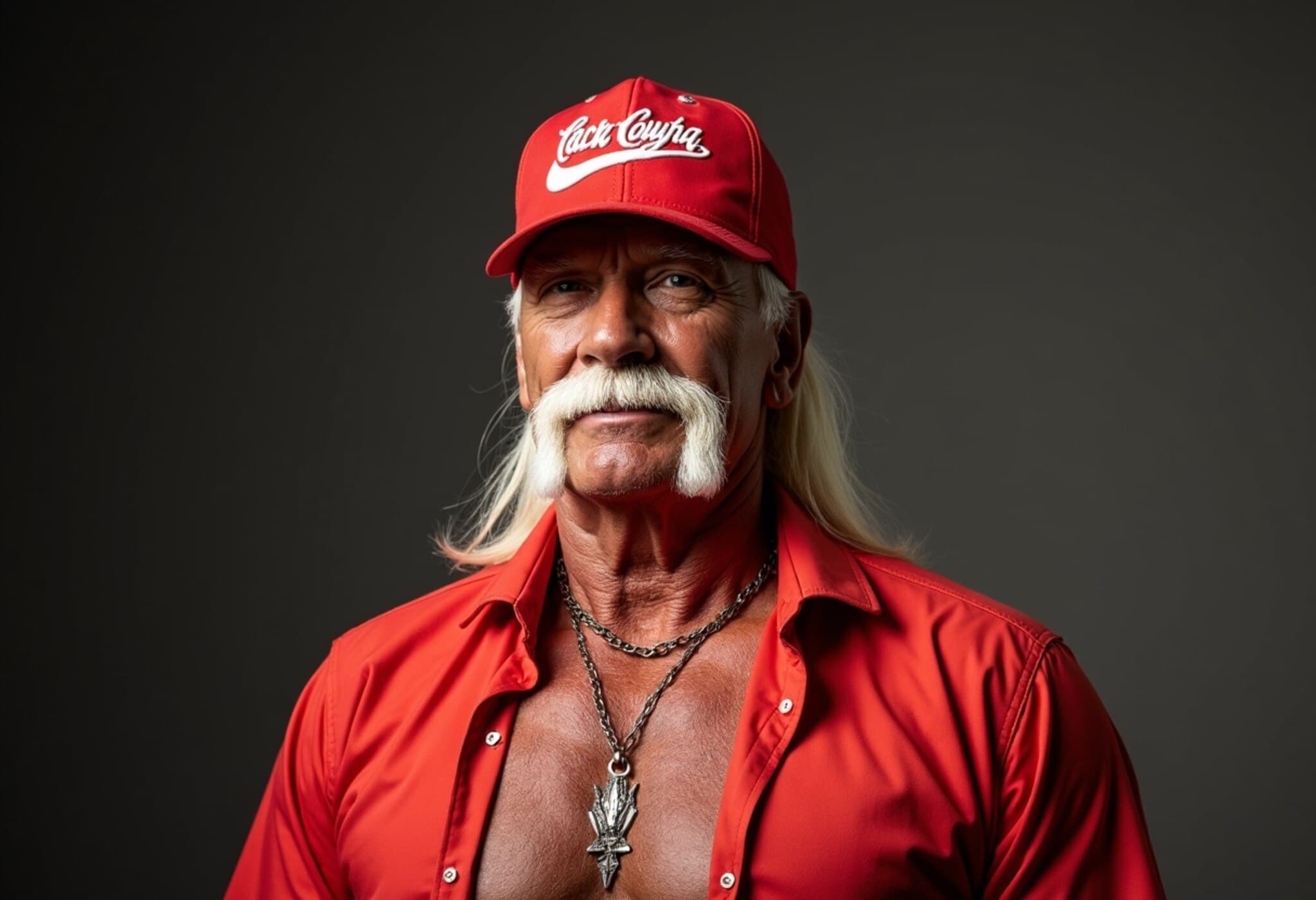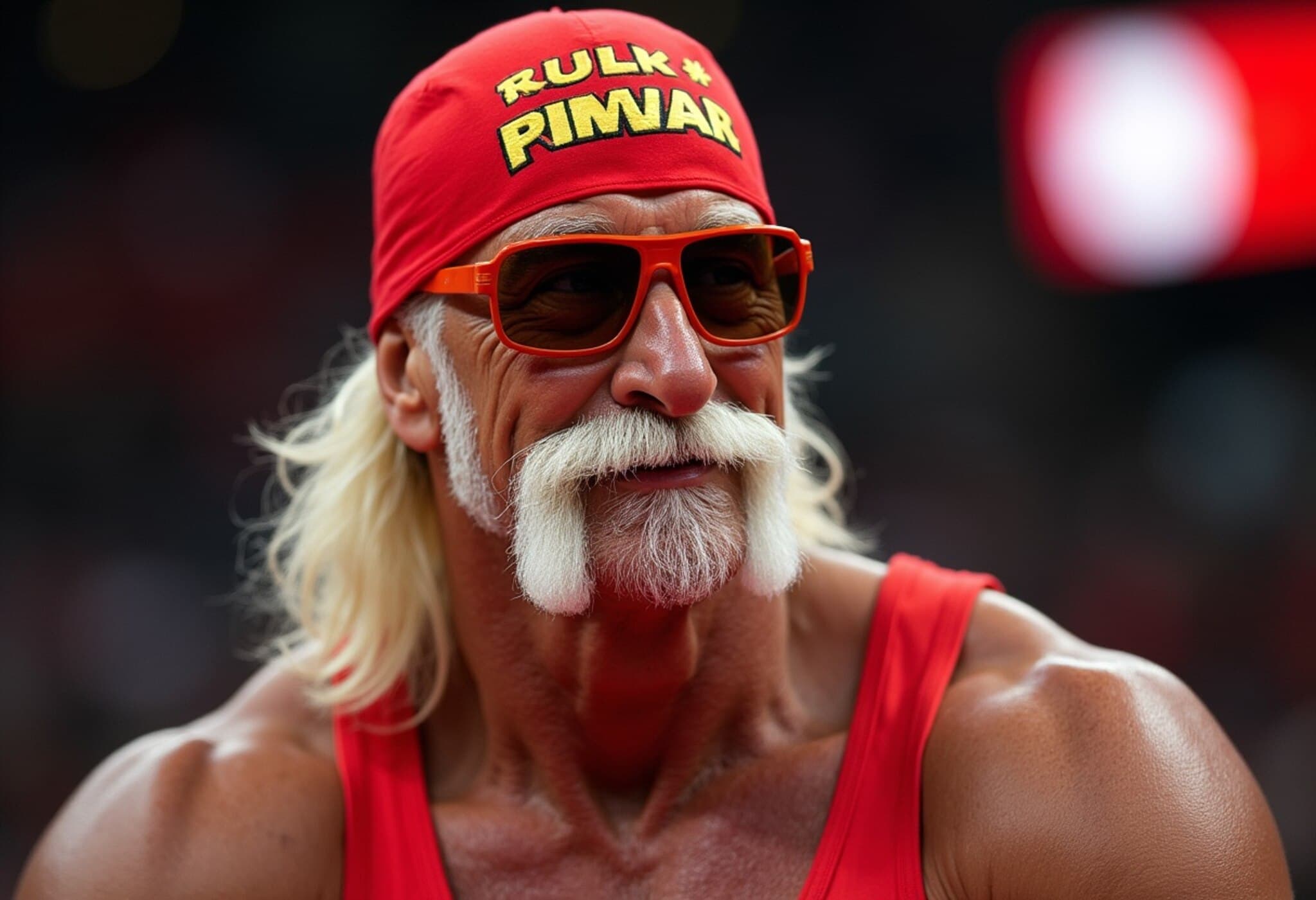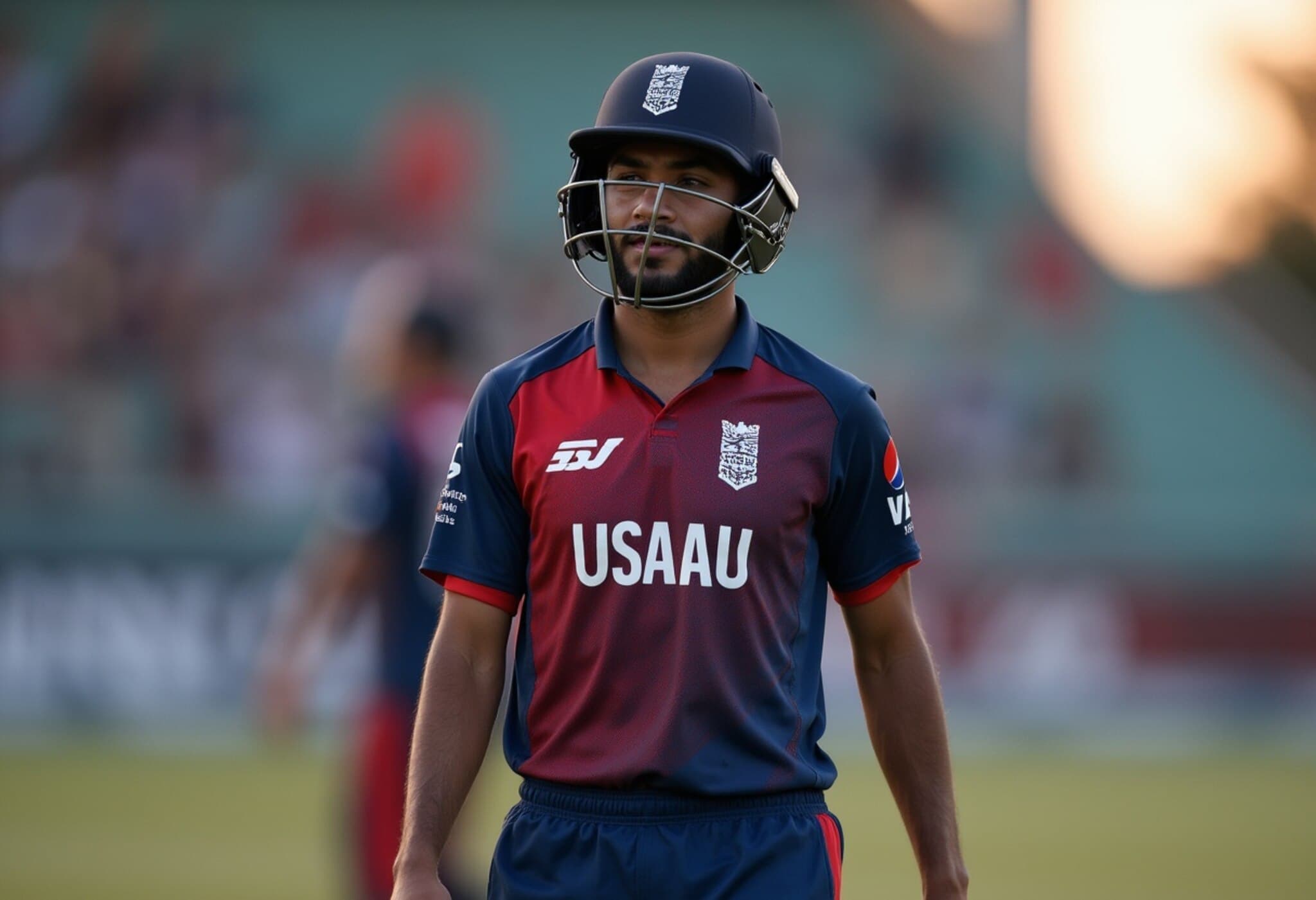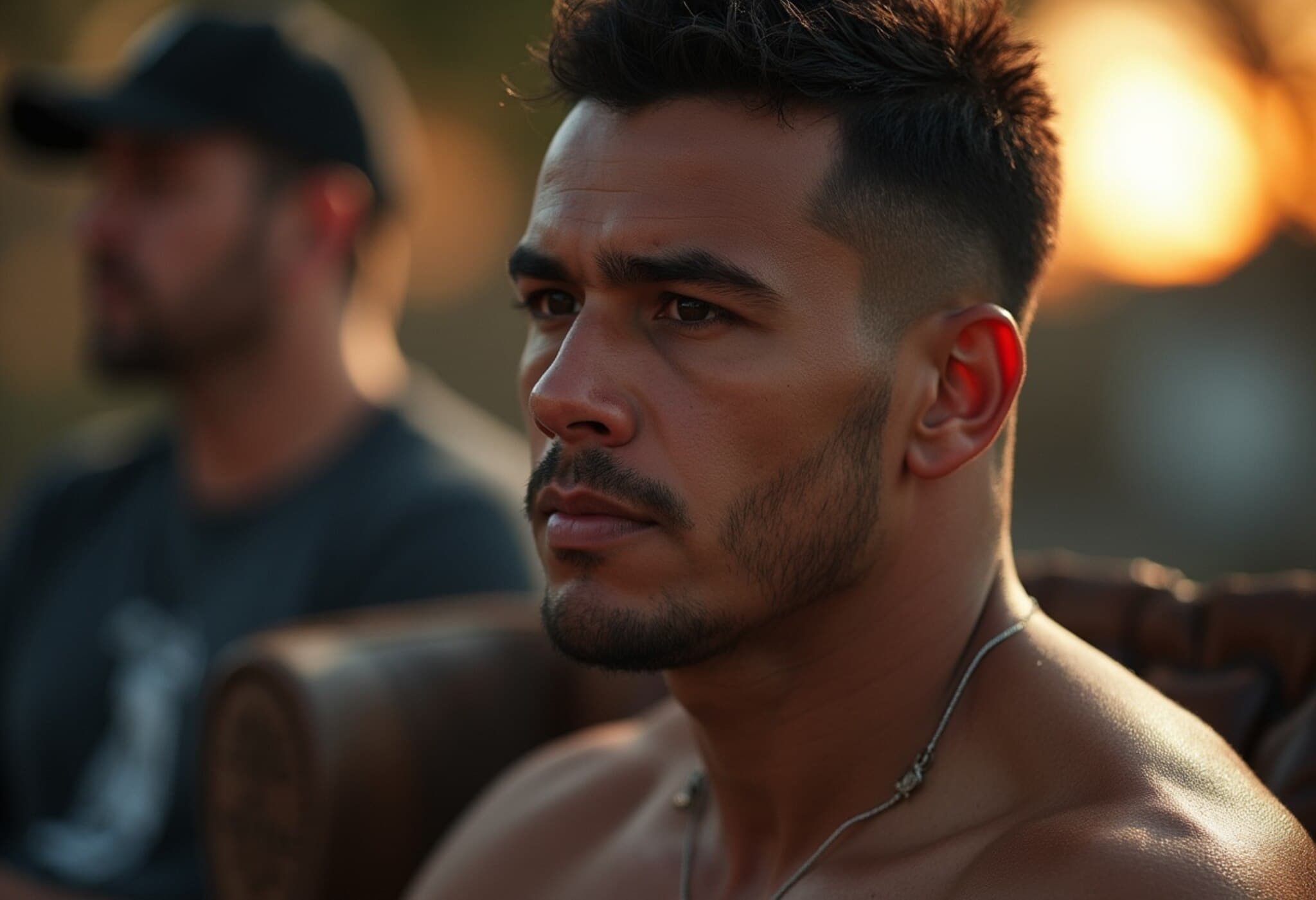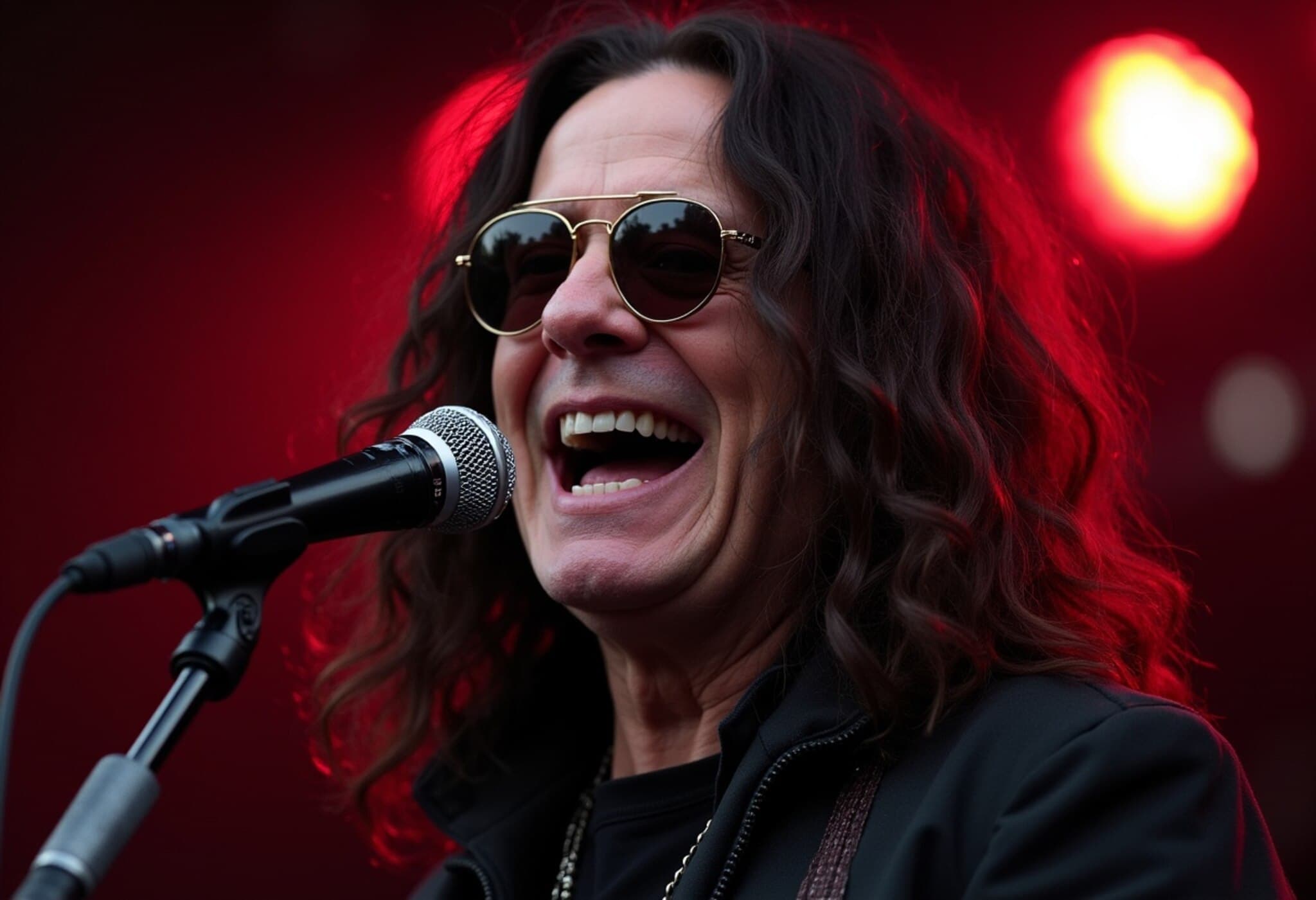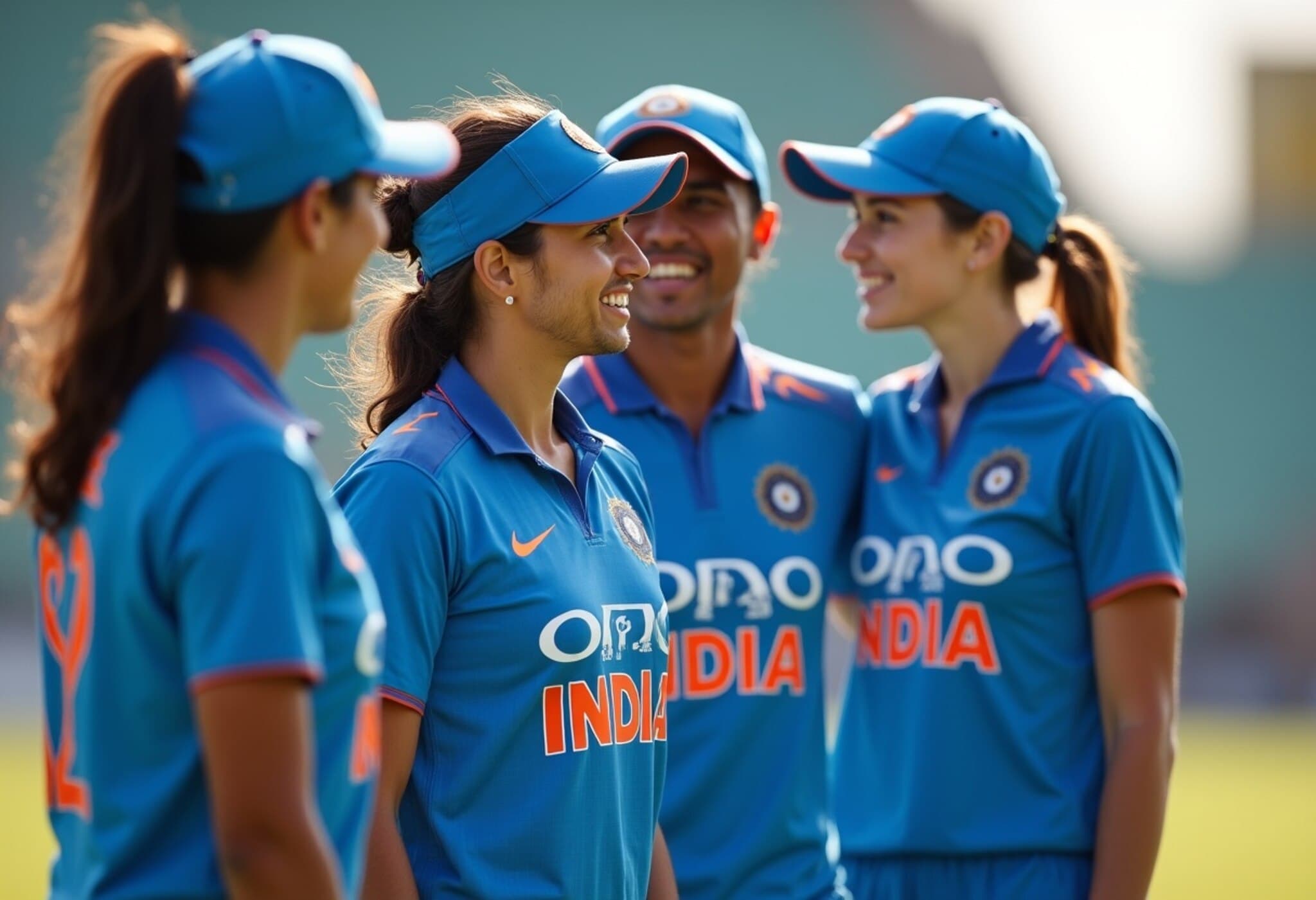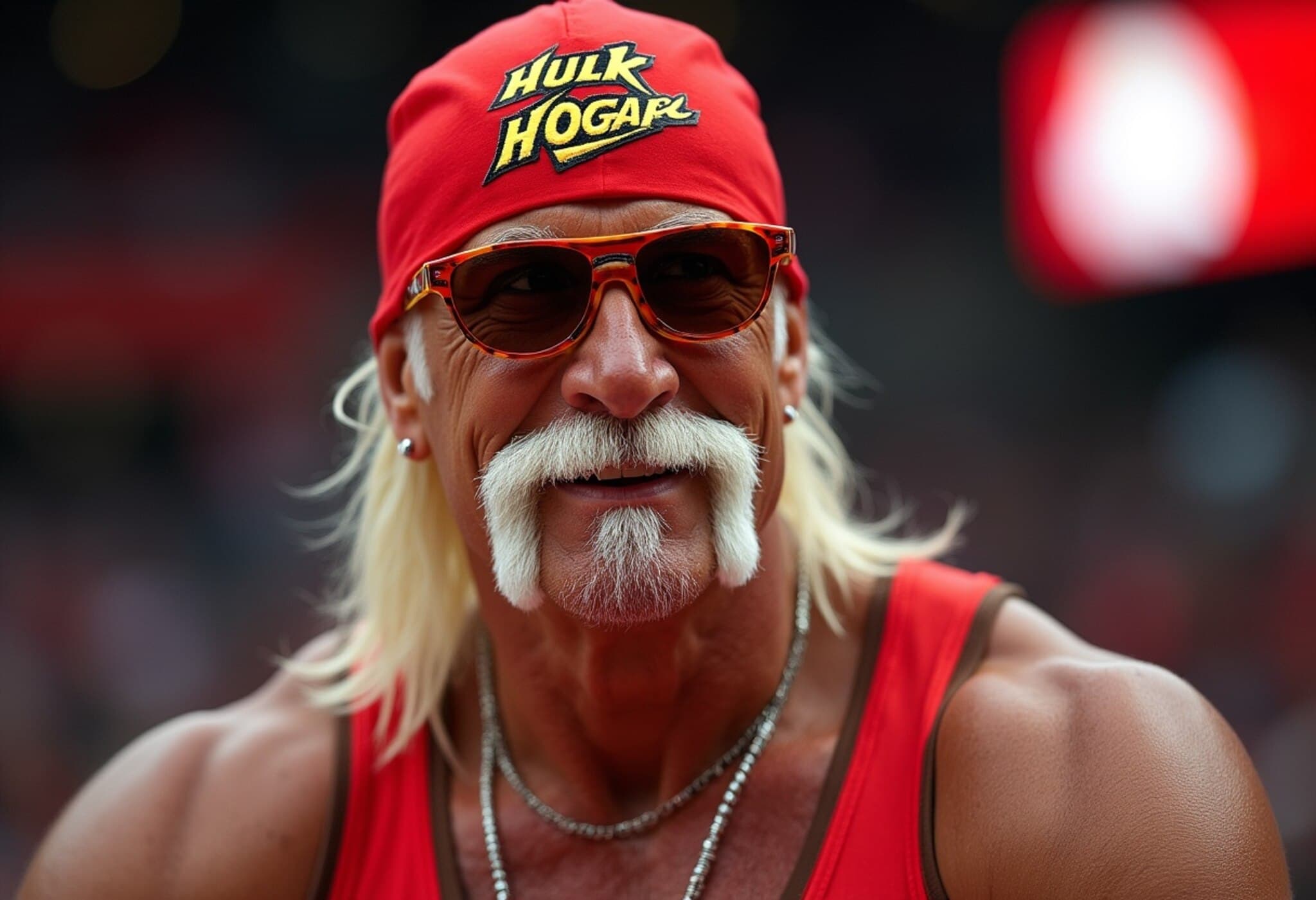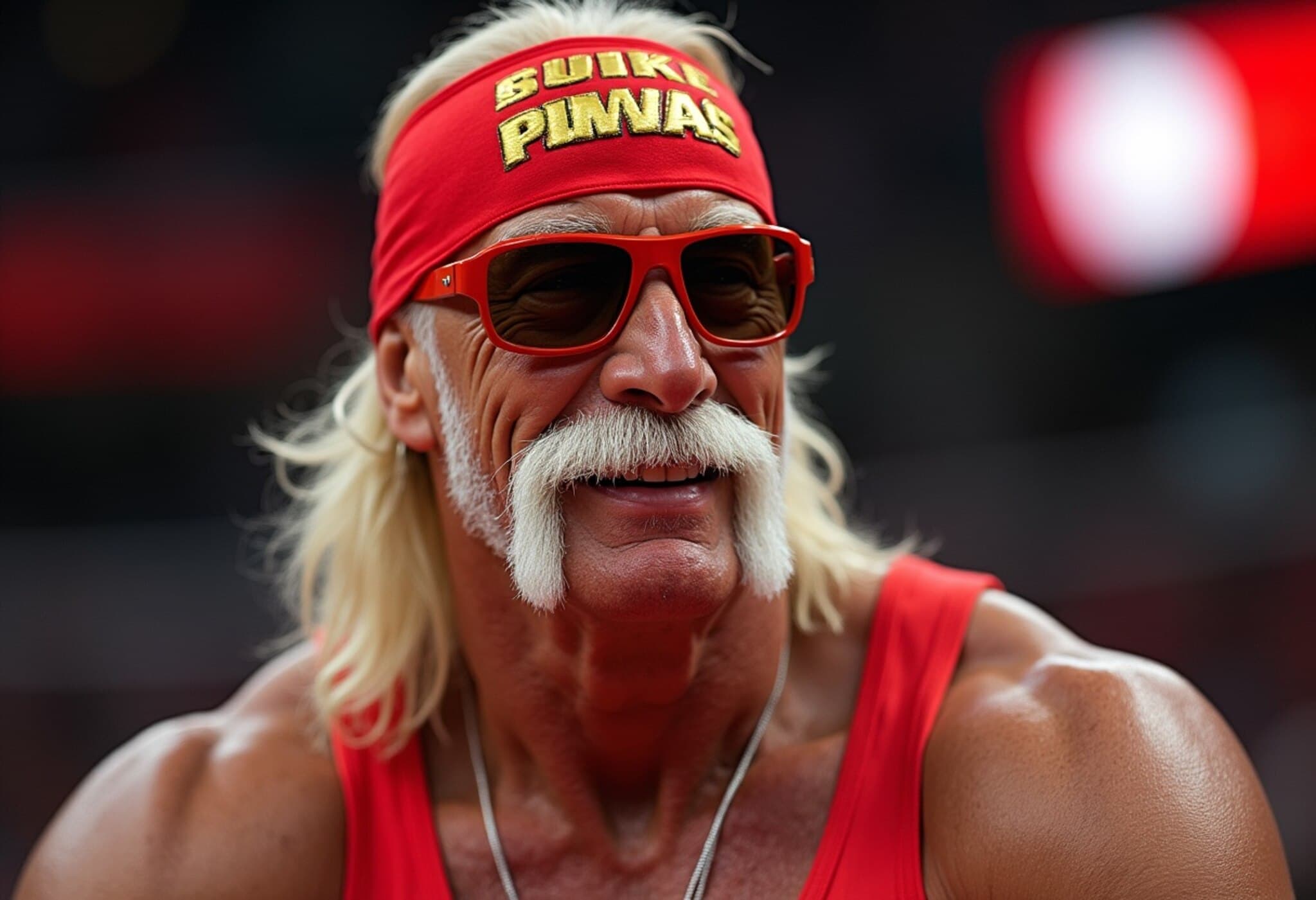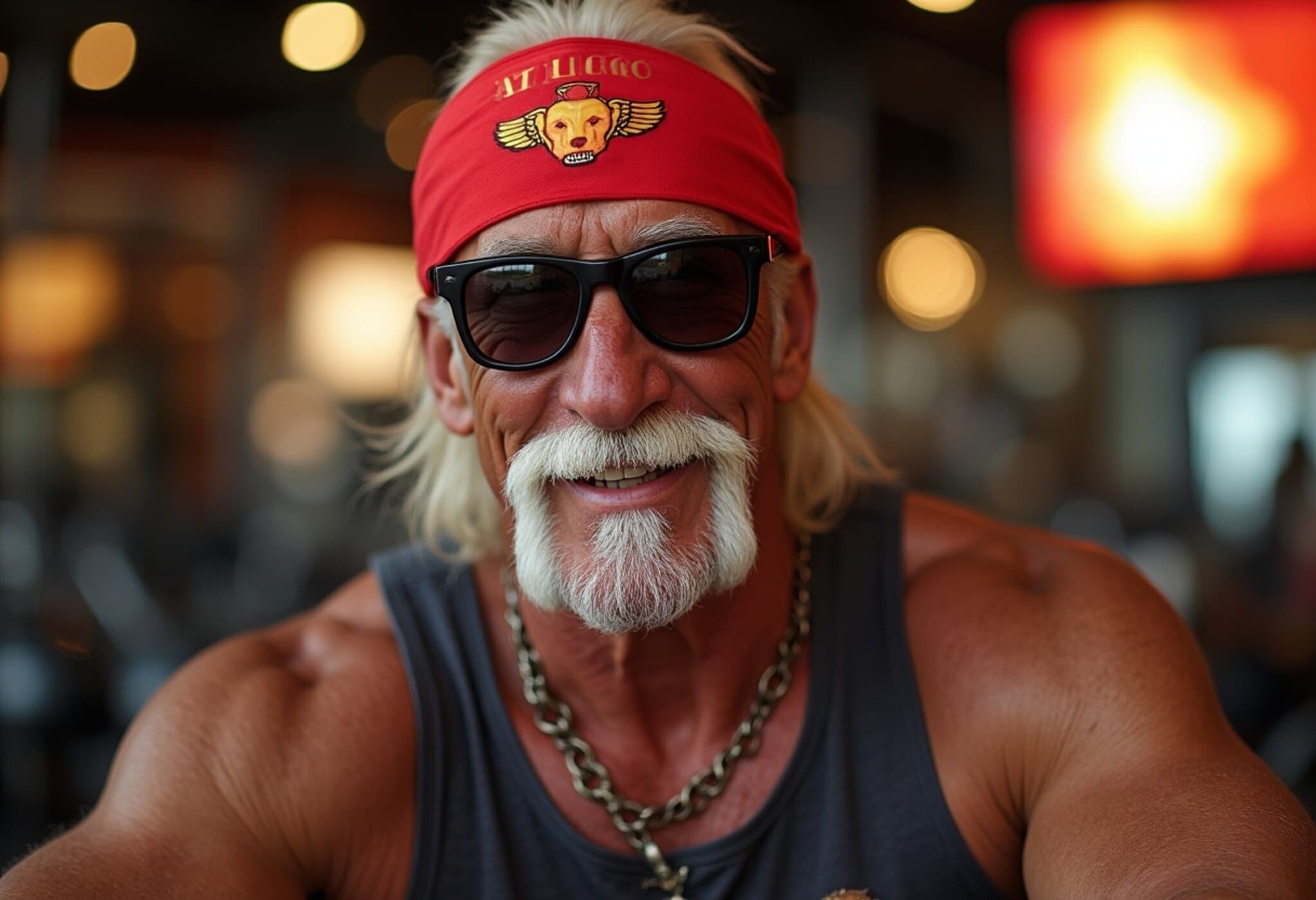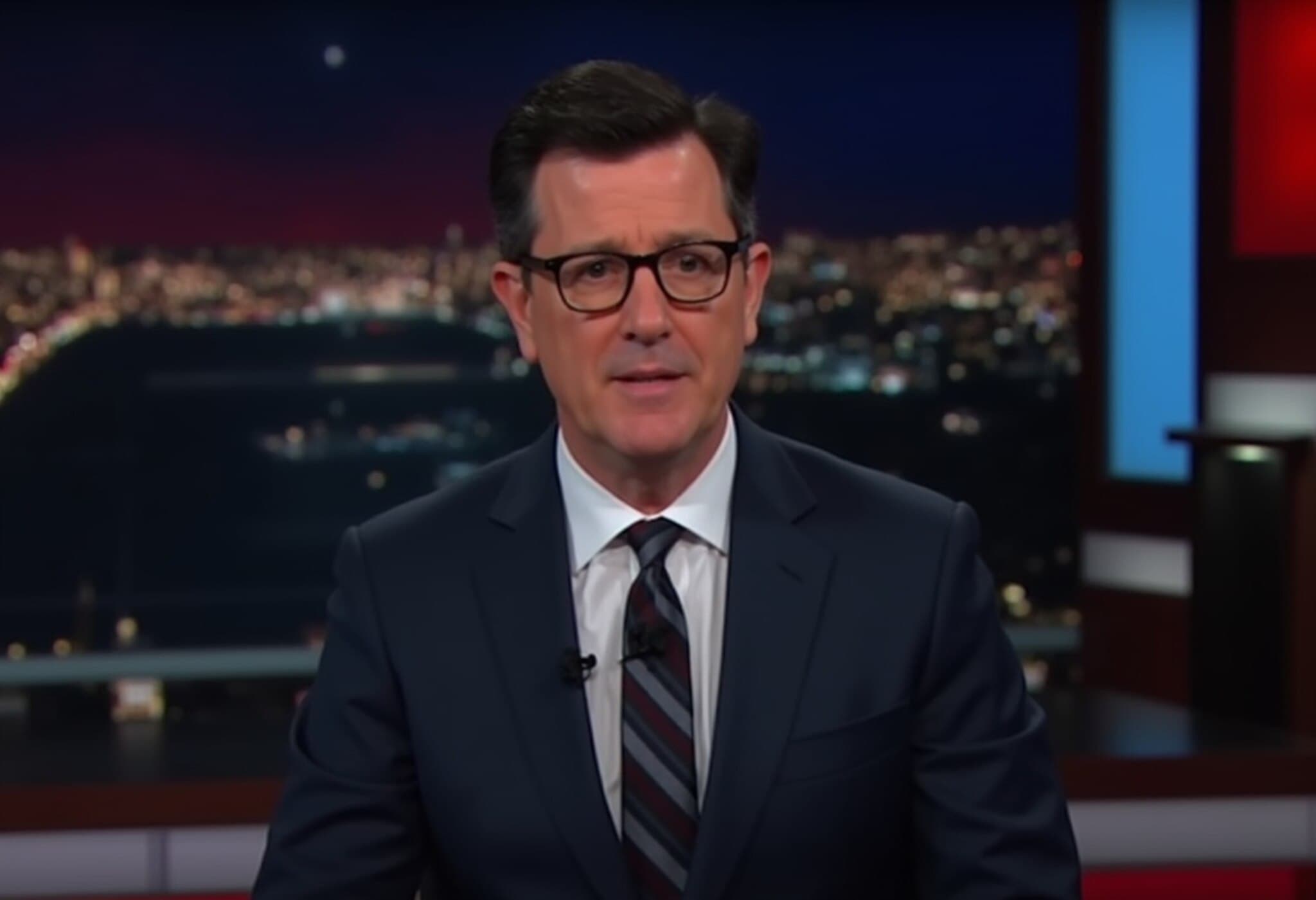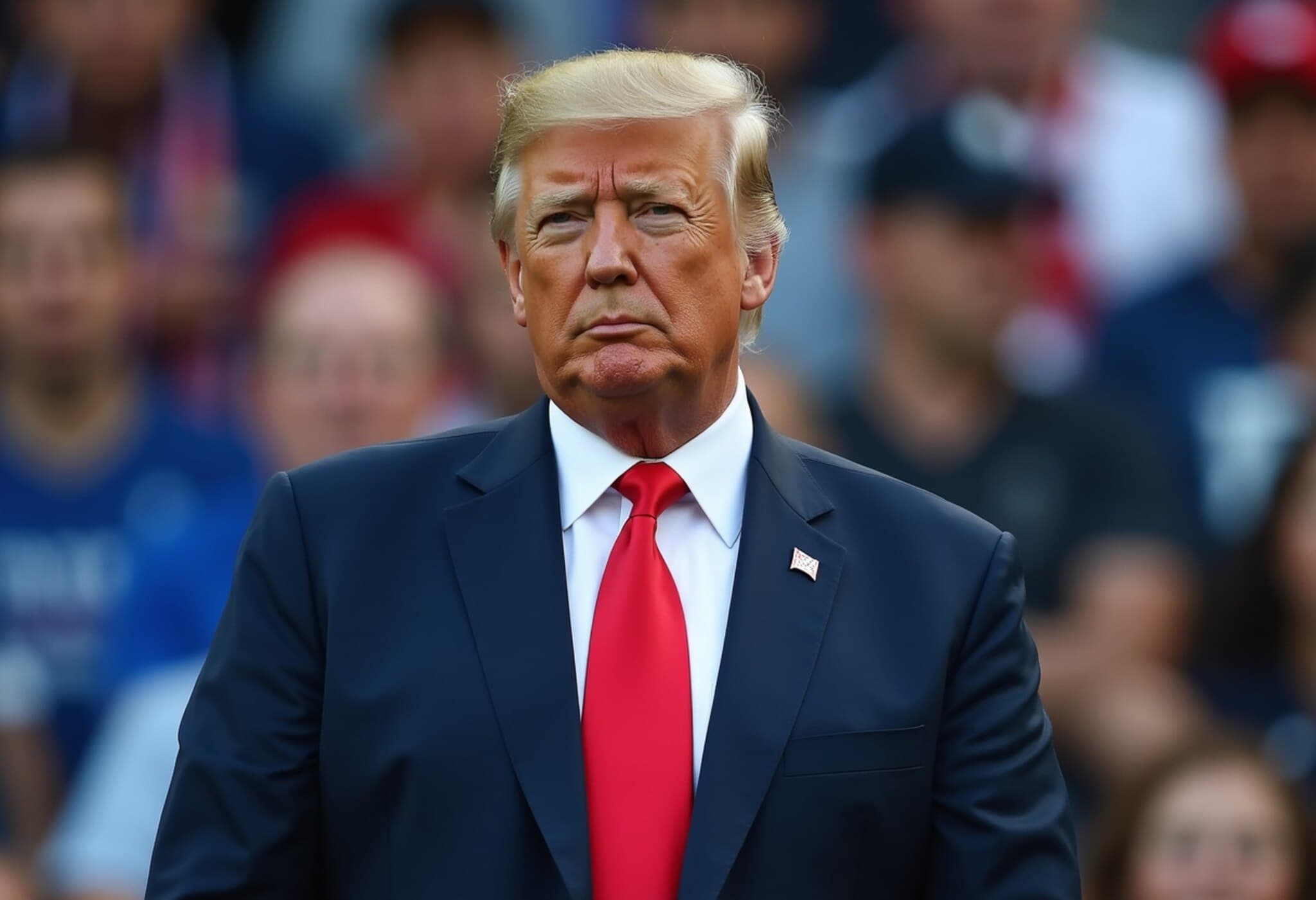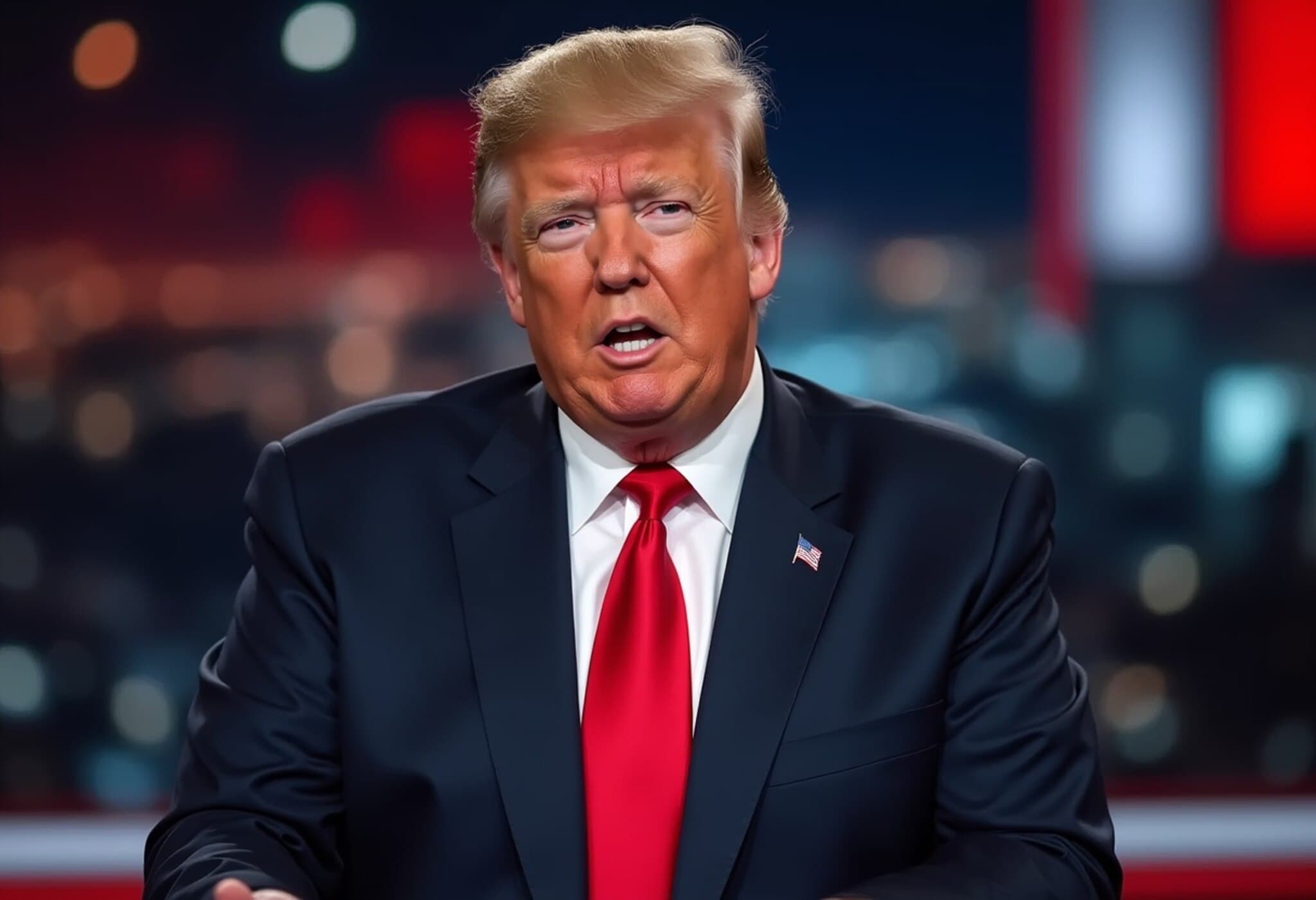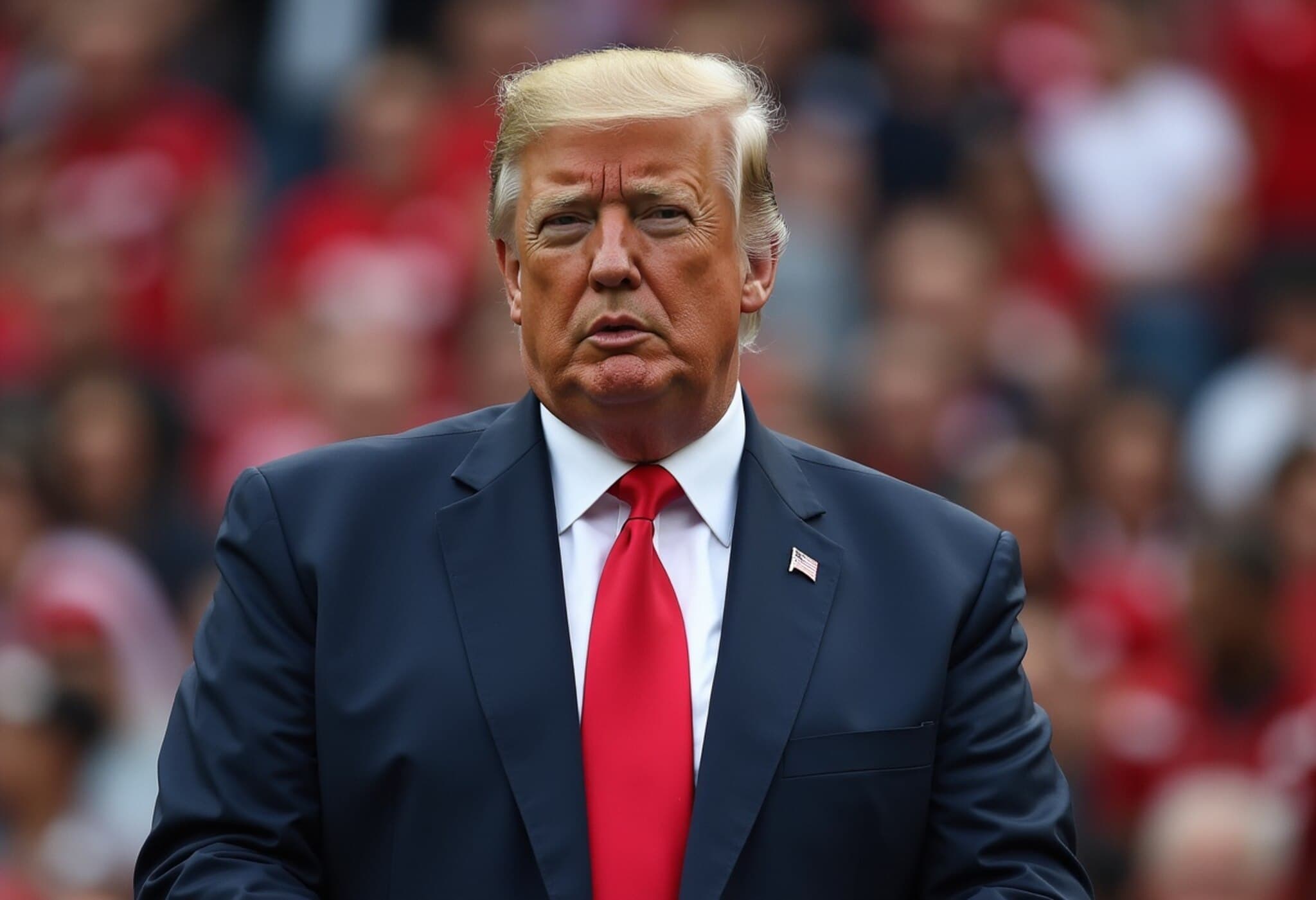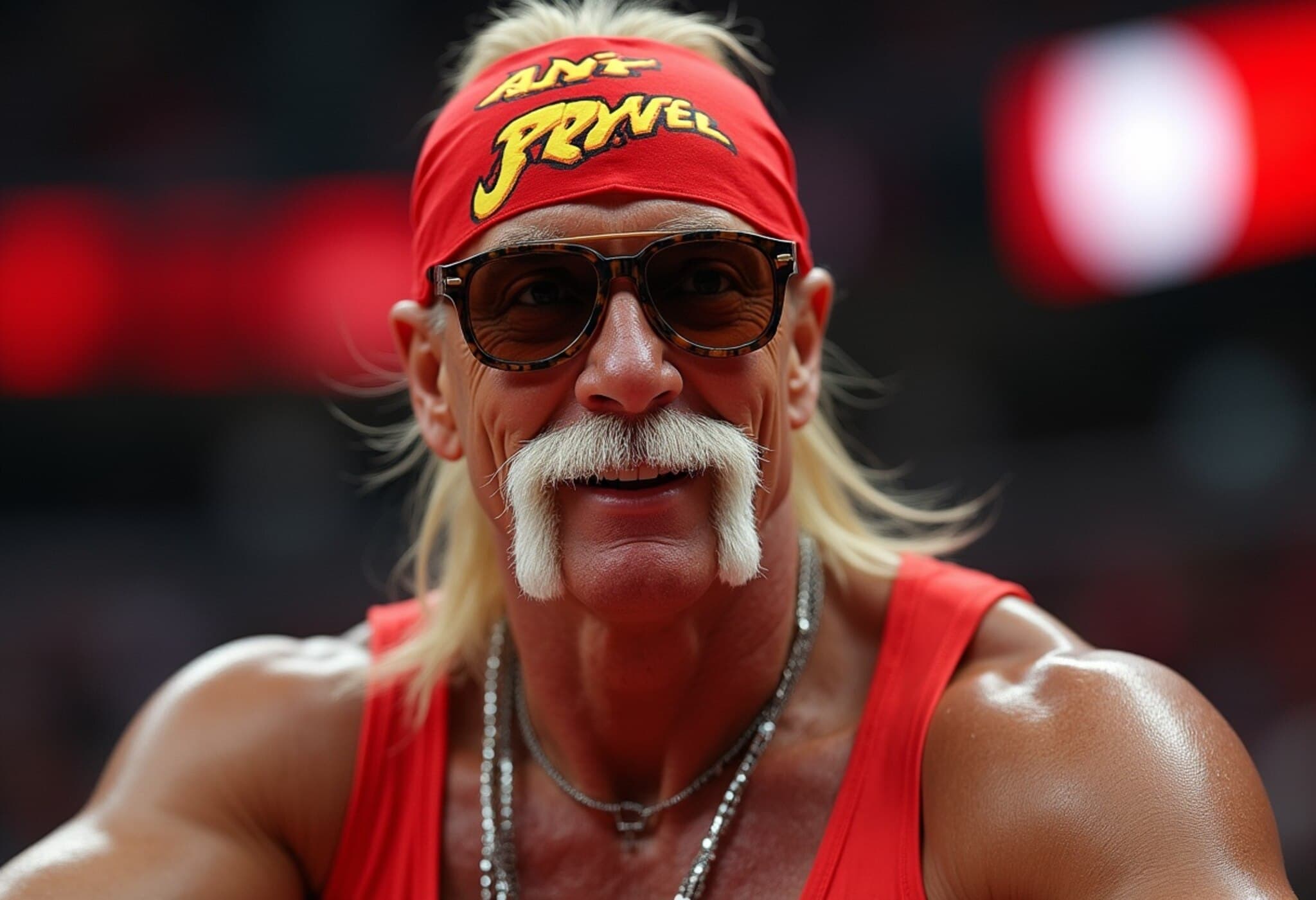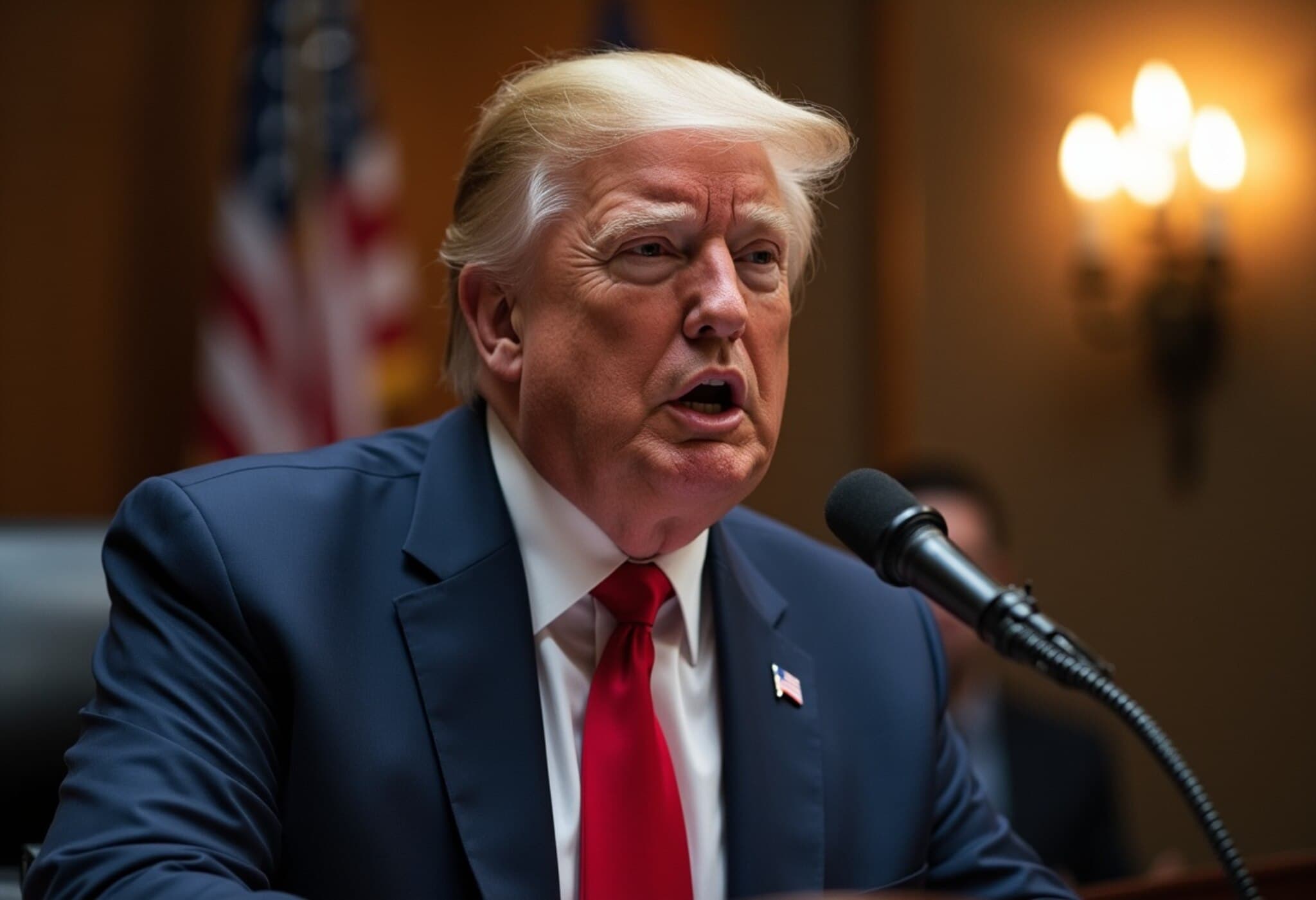Remembering Hulk Hogan: Wrestling’s Iconic Showman
On a quiet Thursday morning in Clearwater, Florida, the world lost a larger-than-life figure who defined an era of American entertainment. Terry Gene Bollea, better known as Hulk Hogan, passed away surrounded by family — a man whose very name was synonymous with professional wrestling’s golden age. Hogan wasn’t just a wrestler; he was a cultural phenomenon who transformed a niche sport into a billion-dollar global spectacle.
The Rise of ‘Hulkamania’: An American Wrestling Revolution
Born in Augusta, Georgia, in 1953, Hogan exploded onto the scene in the late 1970s and rose to superstardom throughout the 1980s and 1990s. With his iconic blond mustache, bandanna, and trademark physique boasting “24-inch pythons,” Hogan rewrote the rulebook of sports entertainment. His mantras—“Train, say your prayers, and eat your vitamins”—became rallying cries for millions of fans, young and old.
Hogan’s WWF entrance theme, Rick Derringer’s “Real American,” encapsulated his patriotic, heroic persona during the Cold War era. His battles against foreign heels like The Iron Sheik and Nikolai Volkoff captured the spirit of the times, turning wrestling into a theatrical form of patriotism and escapism. The defining moment came in 1987’s WrestleMania III, where Hogan body-slammed the legendary Andre the Giant before a record-setting crowd. Though scripted, the spectacle remains etched in wrestling lore and American pop culture forever.
Beyond the Ring: From Hollywood to Reality TV
Hogan’s charisma transcended wrestling. He showed his versatility by starring alongside Sylvester Stallone in Rocky III as the flamboyant “Thunderlips.” His film roles in movies such as No Holds Barred and Mr. Nanny introduced him to mainstream audiences, solidifying his celebrity status.
In the 2000s, he embraced the burgeoning reality TV wave with the show Hogan Knows Best, inviting viewers into the complexities of his family life. The show revealed a human side often overshadowed by his wrestling persona—parenting struggles, public family drama, and ultimately, divorce.
Controversy and Redemption
Hogan’s life was not without turbulence. In 2012, a leaked sex tape scandal coupled with his use of racist language exposed vulnerabilities behind the Hulkamania façade. His successful privacy lawsuit against Gawker resulted in a historic $140 million judgment, shaking the journalism world and bankrupting the website. Yet, these incidents cost Hogan dearly, including his WWE Hall of Fame removal in 2015. After years of reflection and public fallout, Hogan was eventually reinstated and re-inducted, including as part of the notorious New World Order faction, showcasing his capacity for reinvention.
Championing Politics: Hogan and the MAGA Movement
More recently, Hogan waded into the turbulent waters of American politics. A visible supporter of former President Donald Trump and the MAGA movement, he blended his wrestling theatrics with political messaging. At the 2024 Republican National Convention, Hogan electrified the crowd by dramatically tearing off his shirt to reveal a Trump/Vance campaign T-shirt, echoing the showmanship that fans adored in the ring. His alliance with Trump—himself a WWE Hall of Famer—symbolized the increasingly blurred borders between entertainment and politics in contemporary America.
The Man Behind the Myth: Hogan’s Early Life and Enduring Impact
Hogan’s journey began as the son of a construction foreman and dance teacher in Florida. A college dropout, he forged a path that few could foresee, adopting the Hulk name inspired by the Marvel Comics hero and layering it with an Irish-American flair for mass appeal.
Throughout decades marked by wrestling rivalries, personal highs and lows, and political embroilments, Hogan maintained one unshakeable truth: his gift for connecting with a vast spectrum of fans. Reflecting on his dual identity in a 2024 interview, he said, “I tried to keep it normal, but the world doesn’t want Terry. They want Hulk.”
Hogan leaves behind his wife Sky Daily Hogan, daughter Brooke Hogan, son Nick Hogan, and two grandchildren, cementing a personal legacy as vibrant as his public life.
What Hulk Hogan’s Legacy Means Today
Hogan’s enduring influence stretches far beyond his wrestling triumphs. He pioneered a fusion of athleticism, storytelling, and theatricality that shaped modern sports entertainment. His immersion into politics underscores how celebrity culture continues to reshape American public life, raising questions about the impact of entertainment icons in political discourse.
As the world reflects on Hulk Hogan’s legacy, we are reminded not only of a man who entertained millions but also of a complex figure whose life mirrored America’s evolving cultural and political landscape.
Editor's Note:
Hulk Hogan’s story invites reflection on the powerful interplay between entertainment, identity, and politics in the United States. How do larger-than-life personalities influence public opinion and national narratives? And in an era where celebrity and politics increasingly intersect, what lessons can we learn from Hogan’s triumphs and trials?

